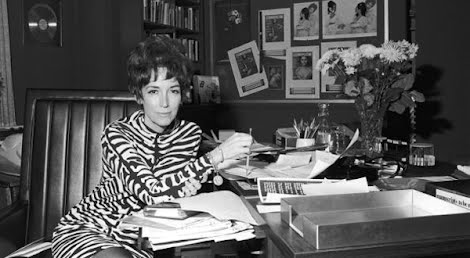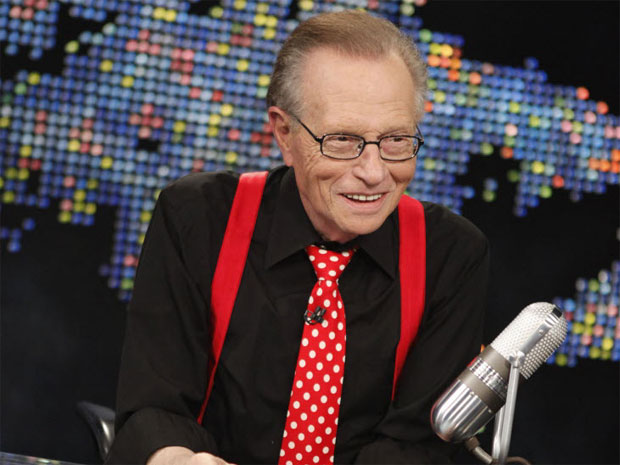The San Francisco scene
"The San Francisco scene remained a layered, complex mulch from which sprouted some pretty advanced ideas: work should be spiritually sustaining; people should care for one another; riches should be shared; fun should be had.
There was a feeling in the air that humans had the potential to be more than workaday drudges. We had the resources then to make life amazing. In fact, resources begat resources, love begat love, and -- oh, yeah -- work begat work.
With a little work (or a lot, as it turned out), we could do anything, even save the world."
With a little work (or a lot, as it turned out), we could do anything, even save the world."
-- from a very interesting and inspiring letter to the editor in the September issue of Vanity Fair penned by a woman named Jeanne Wilkinson, in response to a long piece published by VF in July about the storied milieu in San Francisco during the famed 1967 "Summer of Love."
Things have certainly changed since then -- and a lot of that idealism was quite misguided -- but it seems a core part of the energy Wilkinson describes remains here in San Francisco. It's why I think things feel so fundamentally different here than in, say, New York (although they are finally starting to appropriate some of the old San Francisco attitude out east, I'm not sure they'll ever quite get it.) I love NYC to pieces but it's just not the same.
And despite all of the criticism about California and the Bay Area being "unfriendly to business," I think it's this unique core belief system that has made this a hub of two things that seem to be at odds: Forward-thinking business innovation and personal livability.
I say, long live the San Francisco scene.
I say, long live the San Francisco scene.
Starting -- and hanging in

"How old are you? Twenty-one? Thirty? It doesn't matter -- you need only to have some kind of job somewhere. Then, from that most unillustrious beginning, however young or old you are, you move ever so gradually up, and, if you stay with it, the gradual moving up takes you to the top.
It's true. It doesn't matter where you start, or with what company; what matters is starting -- and hanging in.
May I tell you about my early jobs? They were pitiful, and I was pitiful in them."
I wish I could just excerpt the entirety of the late Helen Gurley Brown's book "Having It All" on my blog -- it's a favorite I have referenced a couple of times in the past -- but I would just entreaty you all to buy it (it's out of print, but I blessedly stumbled upon it at a vintage store a few years back and it seems to be in stock on Amazon still.) She is wonderful, funny, ridiculous, brilliant, and so helpful and woman-centric and instructive and loving -- not to mention how she's instilled into me an respect for the power of italics.
I have to assume that anyone who is deriding Helen Gurley Brown's legacy when it comes to women and feminism (as have some people whose thoughts I otherwise often respect) has not read enough of her work to really understand what she was about. Today's Cosmopolitan has nothing to do with what HGB pioneered.
Anyway. That mouseburger will be sorely missed, and may she rest in peace.
When you learn things

Recently Larry King sat in for an "Ask Me Anything" session on Reddit, which in itself was a pretty cool event -- two notable brands, from very different generations and departments in "media," learning and working together.
It's fun to read through. King is super concise and truthful and direct -- basically, just as you may expect he'd be, and then even more so. You should really scroll through the whole discussion.
But this part especially caught my eye (in particular, the bit I've enlarged and bolded, as it's something I continually need to remind myself):
Q: How hard was/is it for you to be non-biased as a broadcaster?
A: Not hard at all. I was raised on professionalism. The people I admire the most in the business were the people who's opinions I did not know. Who had the ability to deliver material in an unbiased manner. I always left my ego at the door.
My number one motto [was] and still is "I never learned anything when I was talking."
On Buddhism and "bad habits"

Recently, midway through a long jog/walk to the end of Golden Gate Park and up through Lands' End, I decided on the spur of the moment to have a solo brunch of eggs benedict and a mimosa at Louis', a family-owned diner set on a perch overlooking the Pacific Ocean.
Mid-meal (when I started to take the ocean view and small talk with fellow diners for granted) I picked up an old leftover USA Weekend and read a pretty fun interview with the now 63-year-old actor Patrick Duffy.
He was being interviewed because there is a new revival of Dallas, the iconic show that made him super famous (although I am somewhat shamefully more familiar with his work on the sitcom Step By Step than anything else.)
He was being interviewed because there is a new revival of Dallas, the iconic show that made him super famous (although I am somewhat shamefully more familiar with his work on the sitcom Step By Step than anything else.)
Anyway, all I know now after reading this random USA Weekend interview is I would absolutely love to be a weekend guest at his rural Oregon ranch for a dinner or two. What an interesting guy. Below I've excerpted some fun bits (the interview was short overall but this is even shorter.)
On being a patriarch:
"My 5-year-old and my 3-year-old [grandkids] can’t get enough of me. I’m the hero because I teach them how to fish and let them drive the tractor with me [at Duffy’s ranch in Oregon]."
On what led him to Buddhism:
On how that religion plays into his now 40-year-long marriage (he's 63 years old):
"I did it to try to get in bed with this woman, who became my wife. She told me about it. I thought, 'Any opportunity I have to sit next to her, I'm taking it.'"
“I had to learn that acquiescence doesn’t mean giving up. Once I threw away my debit sheet in my head of who owed whom what, everything changed. [My wife and I] haven’t had a cross word or a misunderstanding in the last 15 years, 20 years. A large part of that I will say is that we both practiced Buddhism."
"I'm a very good carpenter. I can build a house from the ground up... My dad was a really talented carpenter. That's how I learned."
When asked if he has any "bad habits":
"Not that I wish I would give up. I cut out all distilled alcohol, but I drink a minimum of a bottle of [red] wine a day. I have done it for 35, 40 years. I think it's actually beneficial. I drink a bottle at dinner every night. I never get buzzed."